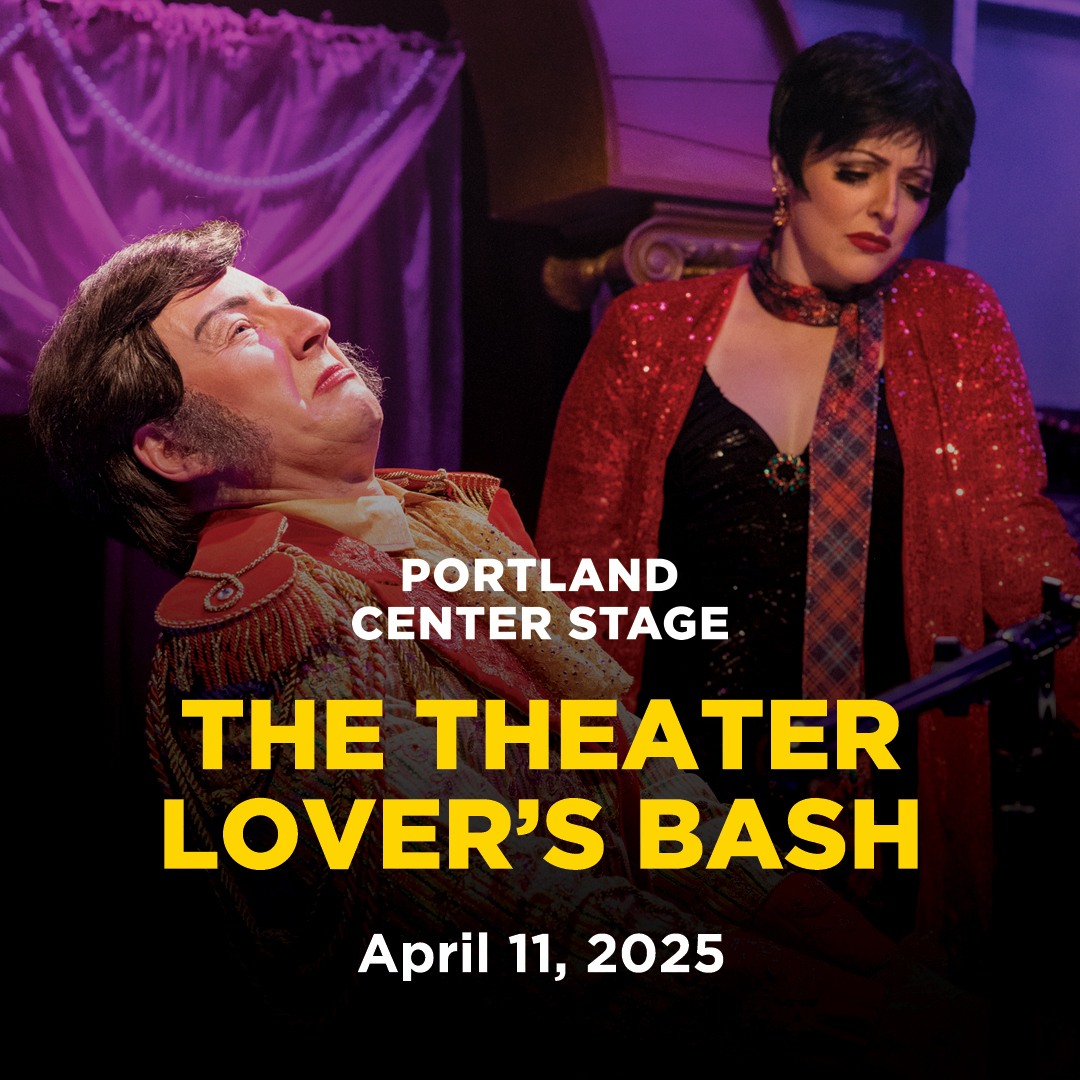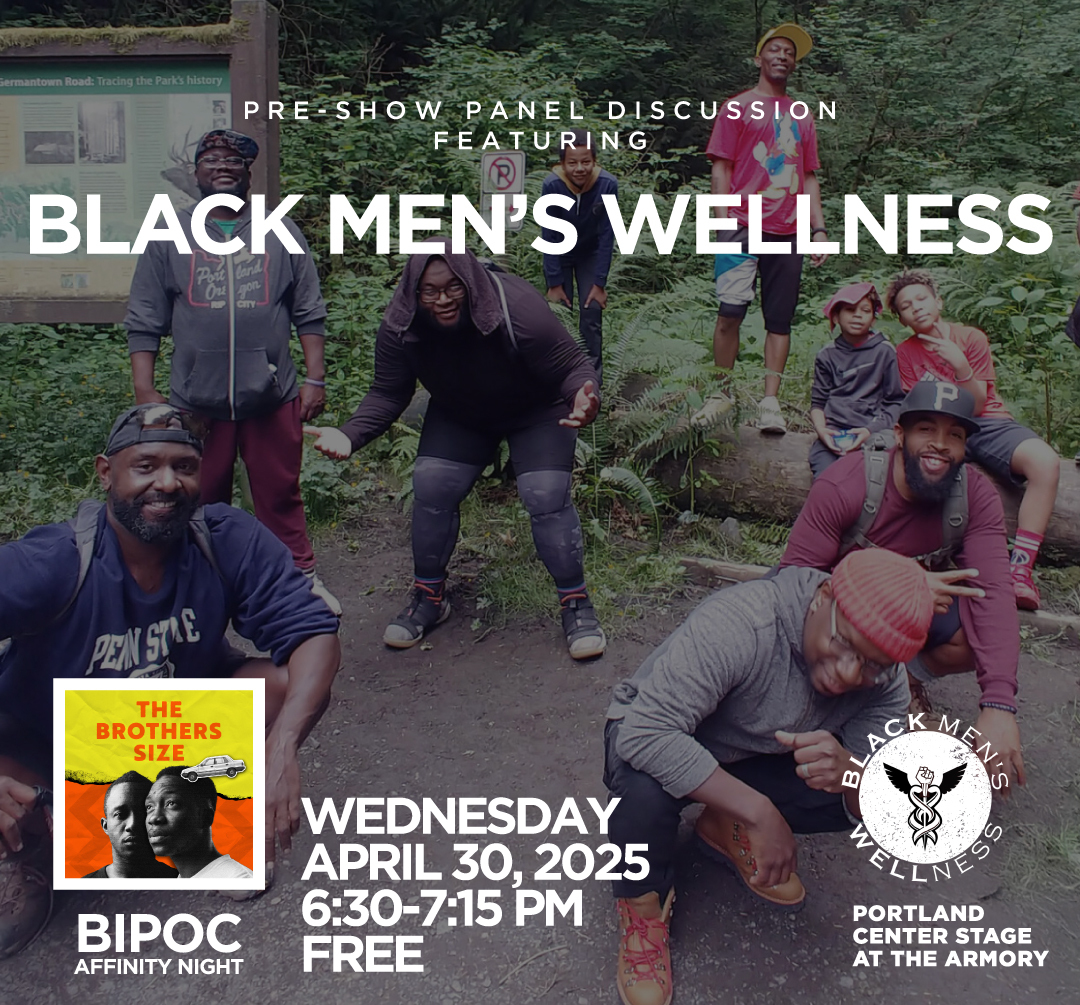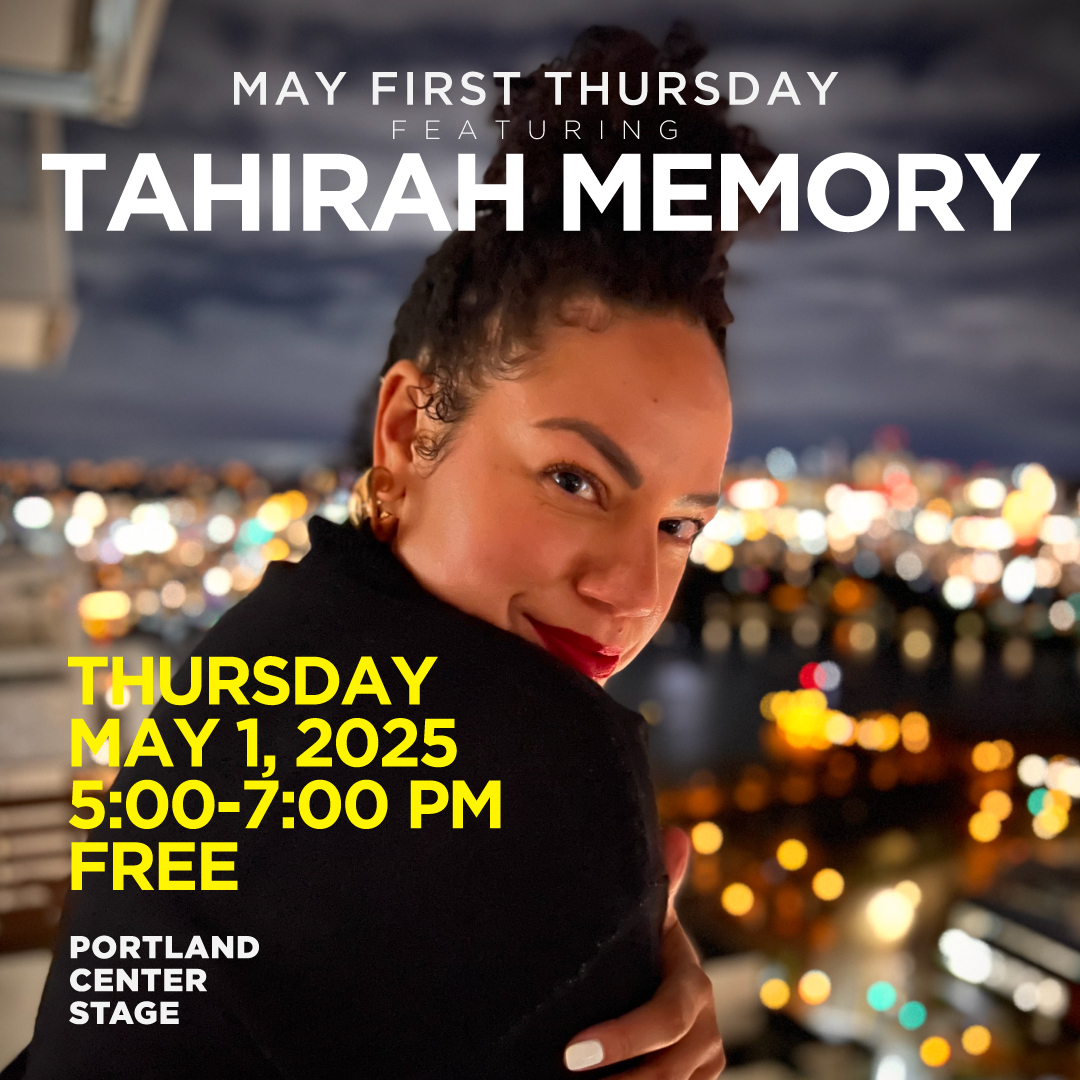1968: The Year that Changed the World
On the first day of 1968 the NY Times proclaimed with its headline “World Bids Adieu to a Violent Year; City Gets Snowfall.” All around the world, the feeling that society was poised for a turning point echoed. The Pope called for peace. Charles de Gualle, the president of France, declared “I greet the year 1968 with serenity. The United Nations announced that 1968 would be the “International Year for Human Rights.” The next 364 days sought to prove, against all evidence to the contrary, that peace, serenity and human rights could indeed prevail but that sometimes the means by which this would be accomplished would be difficult. 1968 became, by the measure of most historians, The Year that Changed the World.
1968 saw the peak of political unrest in all corners of the world. Several world leaders were being challenged, wars were being fought, citizens were rebelling and universities around the globe became the epicenter for social change. Students and workers in France began to protest and riot against the capitalist government. 11 million French laborers joined this revolution - more than 22% of the population - staging sit-ins, walkouts and strikes. This demonstration from French workers incited a similar revolution to begin in Mexico. Mexican citizens challenged then president Gustavo Diaz Ordaz, who had been shutting down labor unions and repressing the growing farmers movement. In each of these countries, protestors and government clashed in bloody, and sometimes fatal, conflicts.
In America, resistance became a way of existence for many citizens. African American denizens were continuously fighting for Civil Rights, though early in the year the community suffered the nearly paralyzing blow of the assassination of Dr. Martin Luther King Jr. and rather than stopping, a new fever ignited in the people and President Lyndon B. Johnson signed a new Civil Rights Act into law. Women were also taking to the streets demanding equality and freedom to live more meaningful and impactful lives. The Vietnam War was reaching the height of violence and in 1968 more people were losing their lives on a weekly basis than lost their lives in the 9/11 attacks. Across the country, people were decrying this violent conflict in countless protests and demonstrations. By October, President Johnson announced the beginning of the end of American involvement in the war.
And a new musical hit the Broadway stage after a limited run Off-Broadway, making it the first play in history to make such a transfer. HAIR, created by James Rado, Gerome Ragni and Galt MacDermot, was Broadway's first true rock musical. The Act I finale was the first time a Broadway show had seen totally naked actors and actresses, and the show was charged with the desecration of the American flag and the use of obscene language. These controversies, in addition to the anti-Vietnam War theme, attracted occasional threats and acts of violence during the show's early years and became the basis for legal actions both when the show opened in other cities and on tour. Still, the show was a hit – changing the landscape of musical theater forever. It was nominated for Tonys and Grammys and was immediately critically acclaimed. Clive Barnes wrote in the New York Times: "What is so likable about HAIR ... ? I think it is simply that it is so likable. So new, so fresh, and so unassuming, even in its pretensions." John J. O'Connor of The Wall Street Journal said the show was "exuberantly defiant and the production explodes into every nook and cranny of the Biltmore Theater". Richard Watts Jr. of the New York Post wrote that "it has a surprising if perhaps unintentional charm, its high spirits are contagious, and its young zestfulness makes it difficult to resist."
The themes of the Musical Theater Golden Age before the 60s were envelope-pushing, exploring subjects of race, sexual freedom, colonialism and war, but the shows that came after seemed to luxuriate in shirking subversion — no more veiled homosexuality like in the Cole Porter songs and no more forbidden interracial love like in The King and I, or quiet anti-war sentiment like in South Pacific. HAIR brought the explicit and present politics of the moment roaring on stage – demanding that audiences confront themselves and the world around them in ways that could not be cloaked in metaphor.
Arthur Miller wrote: “In the militancy of the 60s, the Black awakening, the thrilling alienation of the time … in the right and necessary rebellion, there was only a speck of room for worrying about the personal ethics and our own egoism.” Unrest seemed to rule the year 1968 but somewhere in the rousing spirit of the people - the clanging cry for rebellion, for revolution, for a redefining of what it meant to be a part of a culture, to be a patriot, to be human - there was the quiet ringing of the persistent hope that never truly leaves the beating heart of the earth, and as a direct result of the events of the year’s struggles, wars were ended, rights were granted and borders shifted in ways that demanded the peace declared on January 1, 1968 be given to the people.
Portland Center Stage is committed to identifying & interrupting instances of racism & all forms of oppression, through the principles of inclusion, diversity, equity, & accessibility (IDEA).


















